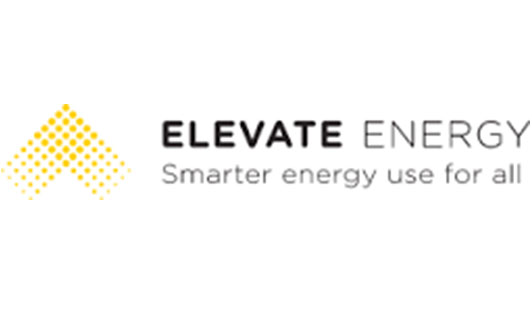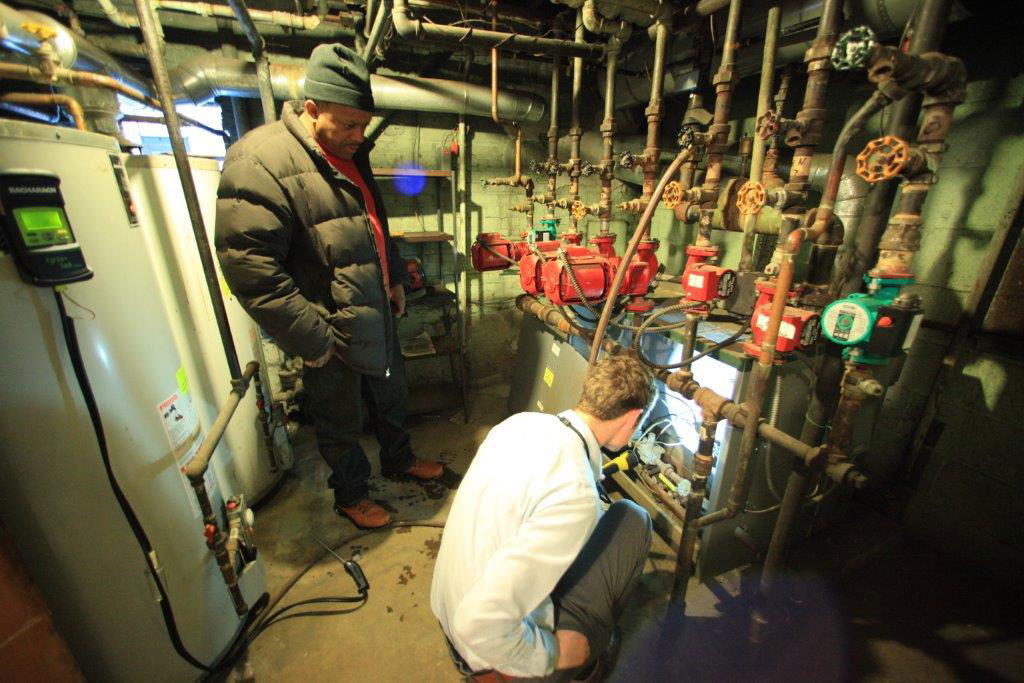
Elevate Energy

Environmental Nonprofit Elevates their Impact with Salesforce
More than 20 million American households live in multifamily buildings, which are more energy intensive than other types of housing. But while the energy efficiency movement is growing, “hard to reach” buildings like multifamily housing are being left behind.
Elevate Energy is a nonprofit working to promote smarter energy use for all. They design and implement energy efficiency programs that lower costs for low- and moderate-income communities while creating jobs. The 100-person organization located in Illinois has grown immensely in the last couple of years but realized its technology wasn’t keeping pace with its recent rapid growth. Using antiquated and siloed systems like Excel and a complicated CRM tool, they couldn’t manage all their contacts and programs in a single place to optimally meet the needs of the population who needed their services the most. Elevate Energy now uses Salesforce to manage constituent relationships and two dozen programs serving over 60,000 families in Illinois. Not only has this enabled the organization to scale, but also to be known as a truly professional organization in the eyes of funders and partners. “The fact that we use Salesforce increases our credibility” explains Anne Evens, CEO of Elevate Energy.
Saving time — and energy — in Program Management
Elevate Energy uses Salesforce to run their programs more efficiently while managing crucial personal relationships with clients. Much of this is accomplished through automated journeys. When someone visits their website, they complete an enrollment form which takes this client — and their data — on a journey across the organization. Enrollment forms on the website integrate directly with Salesforce records. Once filled out, a task is automatically generated using workflow rules and routed to the call center. Prospective participants get a flash thank you page and a thank you message is automatically emailed.
At the call center, the form gets reviewed by a staff member to ensure the prospective client is a good fit for the program and updates their status in Salesforce. Based on a change in status, a new task or email is automatically generated for a staff member to address. When making a call, staff see a screen with the customer’s account number and details using Five9, an app available in Salesforce’s AppExchange. Automated processes allow staff to complete these calls more efficiently — and with a more personal touch — with real-time information at their fingertips.
Creating impact for entire cities
Energy consumption in residential and commercial buildings accounts for one third of greenhouse gas emissions in the US, beating out transportation (29%) and industrial energy usage (27%). In Chicago, energy consumption in buildings creates 71% of the city’s carbon emissions, and residents and businesses collectively spend $3 billion per year on energy in buildings. Every day, Elevate Energy is actively working on issues related to climate change and has managed to save over 40,000 cubic metric tons of greenhouse gas emissions through its programs in Illinois.
One of America’s largest cities is a test bed for this work. Elevate Energy is supporting the City of Chicago and other partners in the implementation of the City of Chicago’s Building Energy Use Benchmarking Ordinance. Buildings covered by the ordinance track energy consumption and basic building characteristics using ENERGY STAR Portfolio Manager, a free online tool offered by the US Environmental Protection Agency. Buildings are also required to verify the data once every three years, and annually report energy use to the city.
Salesforce is the key component to the benchmarking data management and program implementation. “We’re still learning to optimize Salesforce for benchmarking, but it has been really helpful to have the functionality to provide the level of reporting that helps the City understand the compliance rates in real time,” says Evens. Fourteen other U.S. jurisdictions have adopted city-wide energy benchmarking requirements, including cities such as Atlanta, Seattle, Minneapolis, Philadelphia, San Francisco, Austin, Boston, New York, and Kansas City, Missouri.
Evens is optimistic about the potential for scaling these efforts, with Salesforce as the backbone:
“We hope that other cities will be able to learn from our experience using Salesforce to manage benchmarking data, which will help them be all that more efficient.”